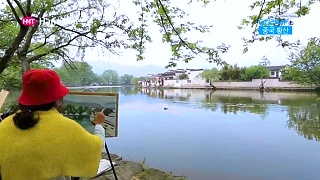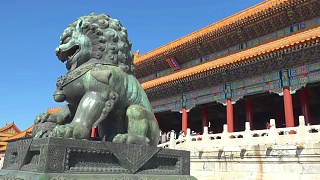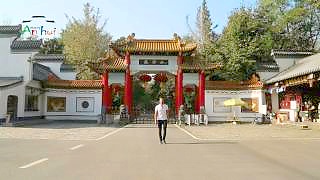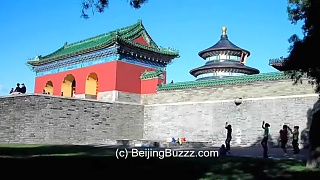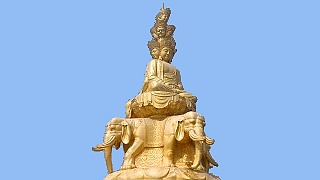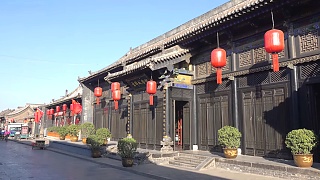Step back in time in the ancient village of HongCun, 宏村.
HongCun is located near the south west slope of Mount HuangShan.
The architecture and carvings of the approximately 150 residences dating back from the Ming and Qing dynasties are said to be among the best in China. One of the largest residences open to visitors, ChenZhi Hall, also contains a small museum.
Together with XiDi, the village is a UNESCO World Heritage Site. Some scenes from the movie 'Crouching Tiger, Hidden Dragon' were filmed on location in HongCun.
[640],shadow=true,start=23,stop=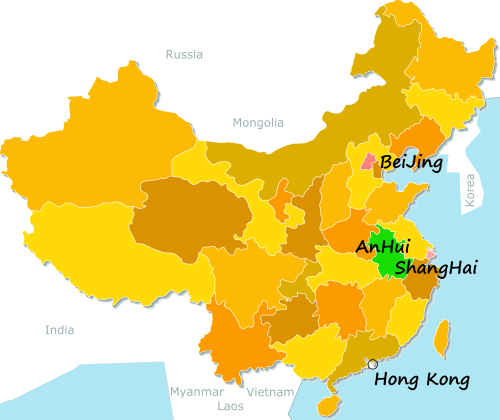
 HongCun 宏村 Village, AnHui province
HongCun 宏村 Village, AnHui province

